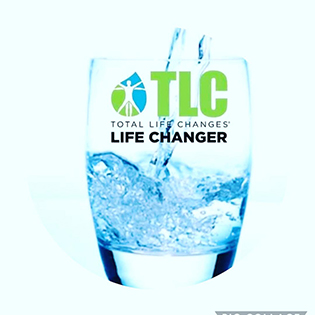In a book entitled Biochemical Individuality, by the late Roger Williams, Ph.D., a renown bio-chemist from The University of Texas in Austin, Dr. Williams helps us understand the physical and chemical differences within our body that makes each of us unique. Those individual complexities and personal characteristics are particularly important as each of us begin to understand how our body responds to nutrition therapeutically in the form of vitamin and mineral supplements. Why do some people respond to Vitamin B12, with a noticeable increase in their energy level, and others do not? While heredity plays a role in our predisposition to disease and wellnesses, the biochemical reactions within the body are continuously changing relative to the presence of vitamins and minerals that synergistically interact to support hormones and enzymes, involved in human metabolism and physiology. Dr. Williams was among the first researchers to conclude that nutrition directly influences genetic characteristics as well. For example, let’s say there is a history of Diabetes in your family, both your mother and grandmother were insulin dependent Type 1 Diabetics. You may have a genetic predisposition to Diabetes, but there are other factors such as habitual poor nutrition, environmental factors and lifestyle conditions that create the condition for the onset of Diabetes. If those same conditions are reversed and corrected does the condition change? According to Dr. Williams, not only do those conditions change as the body’s first line of defense against the onset of disease, whereas well balanced nutrition supports bodily functions of the pancreas, the productions of insulin and the regulation of blood sugar, but nutrition can also influence genetic characteristics and thereby lessen our hereditary predisposition to disease. In another of the 21 books written Dr. Williams, entitled The Prevention of Alcoholism, he identifies nutritional deficiencies that lead to compulsive and addictive behavior, and then formulates a nutritional protocol for the active alcoholic. This concept is highly controversial within the medical community, where orthodox medicine would rarely concede that nutrition could have such a mitigating impact.
When counseling with clients, I like to use the phrase, “no body knows your body as well as you do.” Nutrition is certainly not a perfect science in the sense that one therapeutic program will have the same effect on everyone else. There are simply too many variables involved, no two of us are exactly alike. You have to be vigilant to monitor your reactions and responses to whatever nutritional program or product you’re on, and then be prepared to alter or revise the program accordingly. In that context your intuition and being able to “read” your body accurately are incredibly important.







Recent Comments